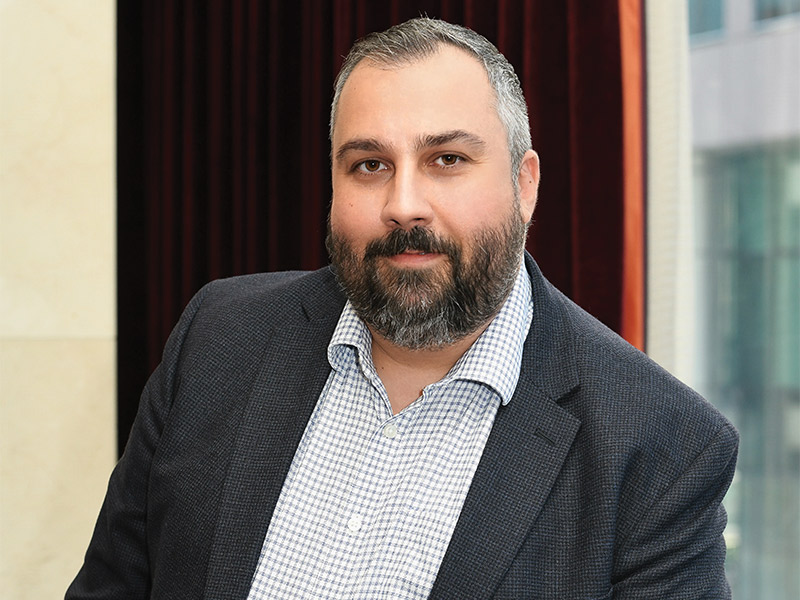

Well hello there!
We may have met during one of Benefits Canada’s and the Canadian Investment Review’s many events throughout the year, but if we haven’t, I’m usually helming our daily online news coverage from behind the scenes, while contributing to the monthly print magazine. You’ll be seeing me in this space for the next few months, as Jennifer Paterson takes time to welcome a new baby to her family alongside raising a growing toddler.
The theme of change is fitting for the first issue of Benefits Canada in 2024. However, the more things change, the more they stay the same.
Read: How 5 employers are broadening the scope of mental-health support
This is perhaps most evident in the theme of employee mental health. It has been a top challenge and priority for employers over the last few years, as well as a mainstay of Benefits Canada’s coverage. This edition of the magazine is our annual mental-health issue, in which our editorial team focuses on how employers are meeting the moment and supporting workers’ mental wellness.
In this month’s Employer Strategy, we feature winners of the 2023 Workplace Benefits Awards that were recognized for their innovative approaches to employee mental health and take a deeper dive into these winning strategies.
The Benefits Feature explores how Canadian employers stack up to their global peers in terms of mental-health benefits and support, including a look at Scotiabank’s alignment of benefits across the various global markets in which it operates. Ayman Alvi, the bank’s vice-president of global pensions and benefits, notes this process includes focusing on what types of support are needed, what the employee experience is going to look like and how to balance that with the associated cost.
Read: Comparing workplace mental-health supports around the world
“A key piece, as a multinational employer, that we need to think about is how our programs interact with the local marketplace [and] local health-care structure — whether there’s public support or not — and the socio-cultural piece because it’s not one size fits all,” he says. “And when it comes to mental-health support, it’s not just about the immediate benefit. It’s also how it links with time off, disability and ensuring inclusion throughout the process.”
Another recurring theme is the turbulent economic market that institutional investors continue to navigate. While the fourth anniversary of the start of the coronavirus pandemic is just weeks away, the financial impacts of the health crisis — coupled with growing geopolitical tensions — are leading Canada’s pension investors to view their portfolios and investment strategies in a different light.
In this month’s Investment Feature, Amy Chang, managing director of active global fundamental at the British Columbia Investment Management Corp. says the key to navigating these macroeconomic challenges is to block out the noise and operate from a bottom-up perspective with a heavy long-term outlook, noting her team stays focused on finding competitive advantages of prospective companies that can provide consistent returns in any economic environment.
“That means looking at the individual attributes of companies, including their business models, operations and ability to generate free cash flow,” she says. “Within the BCI’s internal active global fundamental strategy, we have a mandate that’s focused on quality at a reasonable valuation. So opportunities, such as whether the company is underappreciated by the market, drive our investment decisions.”
Happy reading, whatever changes the year ahead may bring.
Blake Wolfe is the interim editor of Benefits Canada and the Canadian Investment Review.
